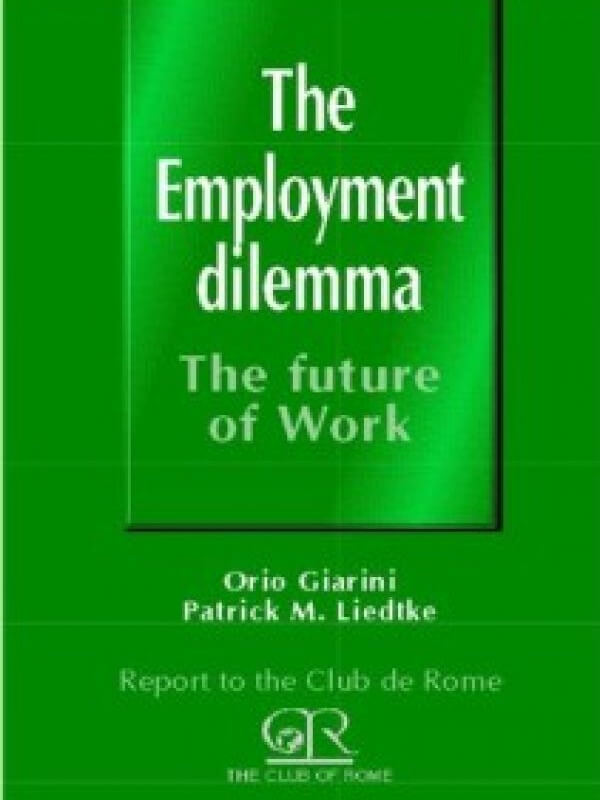Published 1996 – Many modern societies are trying to protect their citizens while staying competitive in globalised markets. The approach to welfare is no longer to provide full coverage of all risks but to replace the existing expensive systems with more targeted and efficient approaches. This is achieved through requiring people to assume more individual risk and to organise adequate protection themselves. This so-called “risk shift from public to private” has had unfortunate consequences. Many half-hearted or partial reforms have lead to ineffective working structures, inadequate employment arrangements, and ultimately to an erosion of the protective systems, instead of their modernization.
In this report, the authors analyse work in all its forms in the modern service economy and offer several innovative solutions. Two of the most ambitious are: (1) Organising a basic layer of remunerated work for those who otherwise cannot find employment, keeping them active and engaged; and (2) the encouragement and empowerment of the elderly to stay in employment for many years beyond age 60 or 65 on flexible terms (part-time work is the key component) that are more suitable.
Authors: Orio Giarini, Patrick M. Leidtke
See also: New Economic Theory; Preface to new (2006) version






